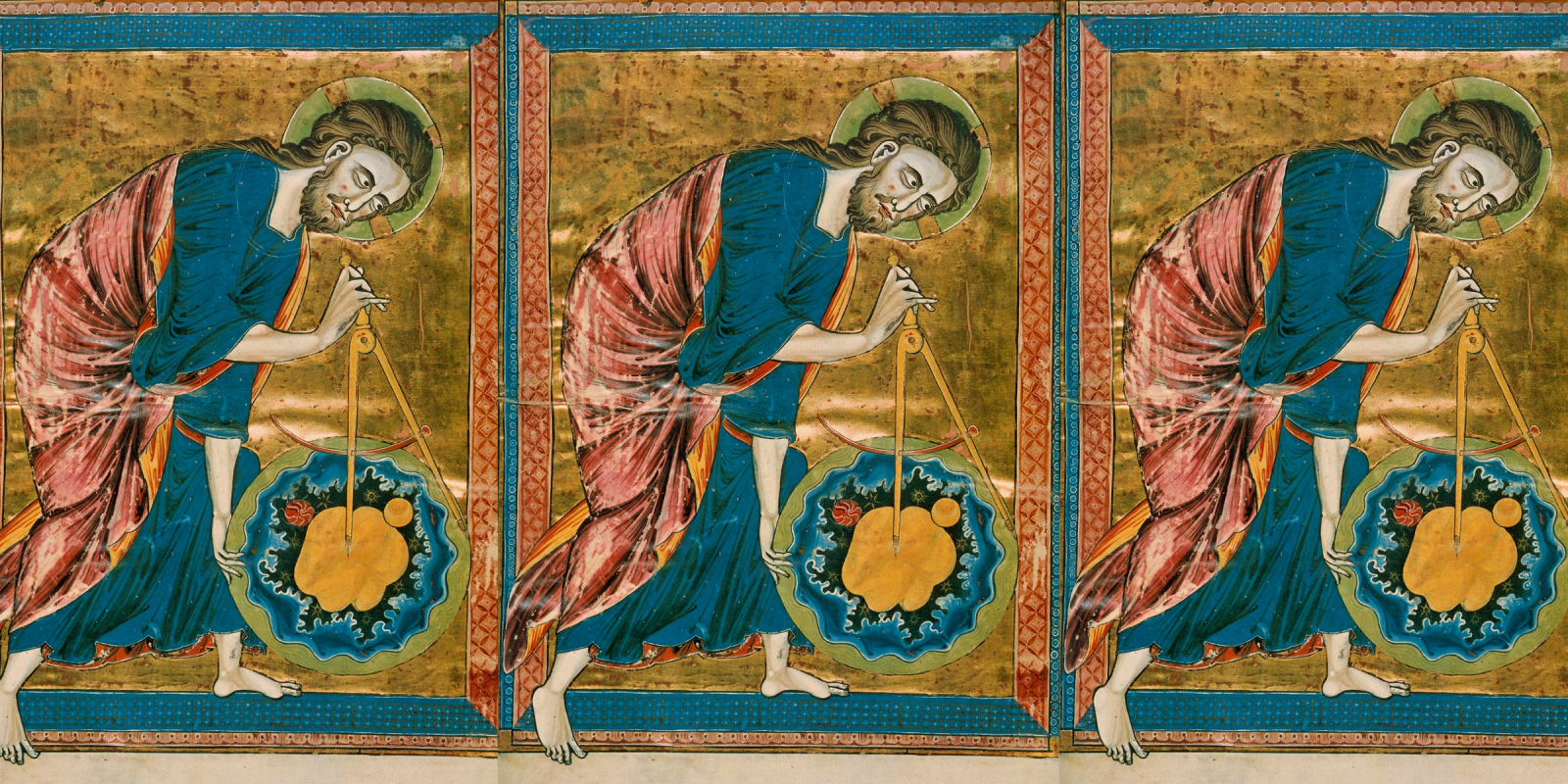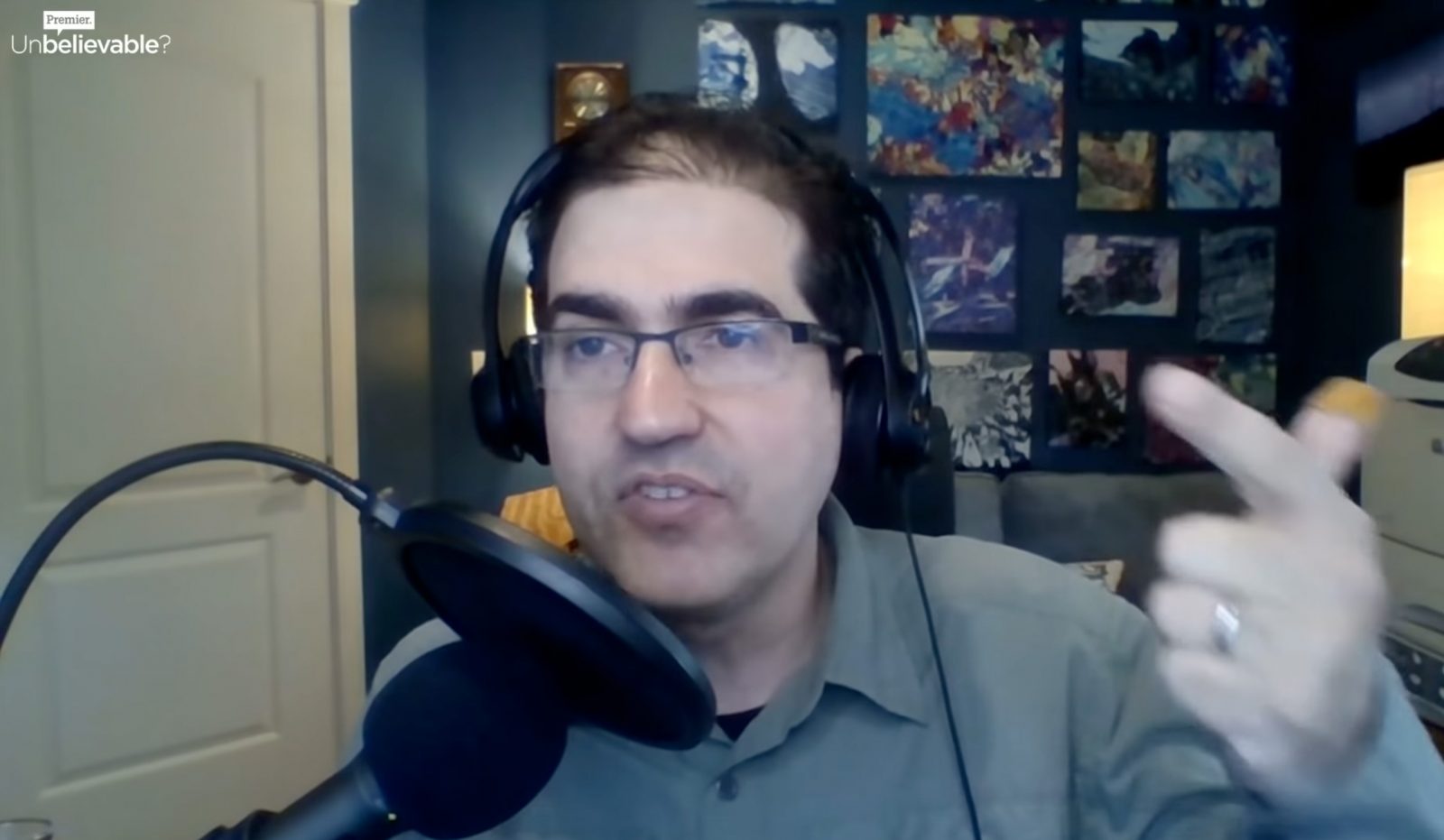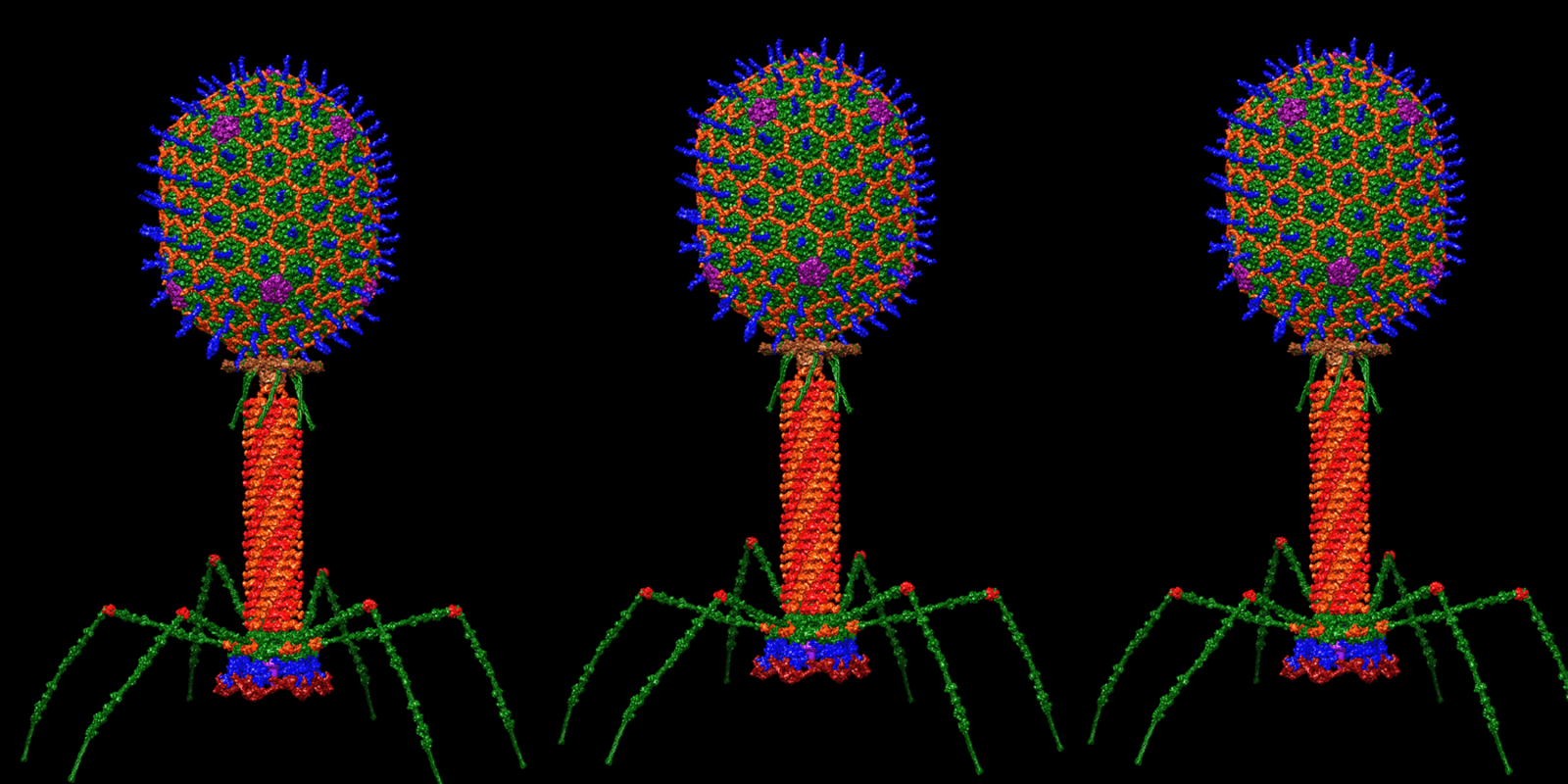
Günter Bechly: Species Pairs Wreck Darwinism
On this ID the Future, distinguished German paleontologist Günter Bechly continues unpacking his new argument against modern evolutionary theory. According to Bechly, contemporary species pairs diverge hardly at all over millions of years, even when isolated from each other, and yet we’re supposed to believe that the evolutionary process built dramatically distinct body plans in similar time frames at various other times in the history of life. Why believe that? He suggests this pattern of relative stasis among species pairs strikes a significant and damaging blow to Darwinian theory. In this Part 2 episode, Bechly and host Casey Luskin discuss mice/rat pairs, cattle and bison, horses and donkeys, Asian and African elephants, the Asian black bear and the South American Spectacled bear, river hippos and West African pygmy hippos, the common dolphin and the bottle-nosed dolphin, and the one outlier in this pattern, chimpanzees and humans. If chimps and humans really did evolve from a common ancestor, why do they appear to be the lone exception to this pattern of modern species pairs differing in only trivial ways? Bechly notes that whatever one’s explanation, there appears to be clear evidence here of human exceptionalism. He and Luskin go on to cast doubt on the idea that mindless evolutionary processes could have engineered the suite of changes necessary to convert an ape ancestor into upright walking, talking, technology-fashioning human beings. What about Hawaiian silversword plants? They seem to have evolved into dramatically different body plans in the past few million years. Are these an exception to Bechly’s claimed pattern of species pair stasis? After all, the differences among silverswords can be quite dramatic, with differences far more extensive than what we find between, say, Asian and African elephants or horse and donkey. Drawing on a second article on the topic, he notes that some extant species of plants possess considerable phenotypic plasticity. They have the capacity to change quite dramatically and still breed with other very different varieties. This appears to be the case with silverswords. There is more to his argument. Tune in to hear him unpack it and also respond to additional objections Luskin raises. Part 1 of their conversation is here.







